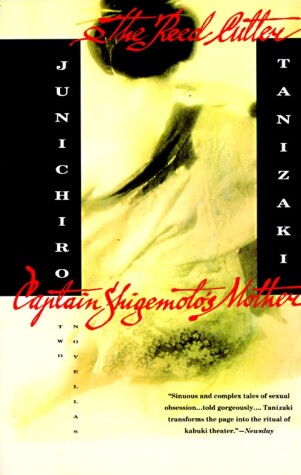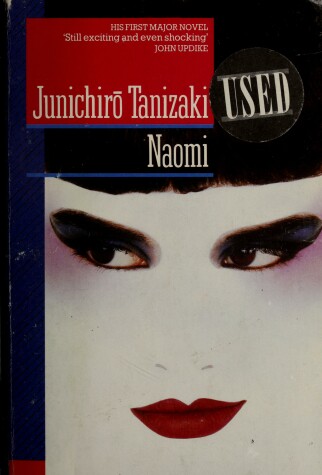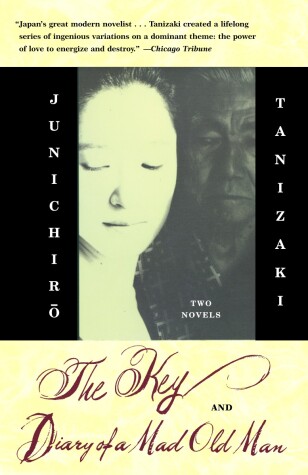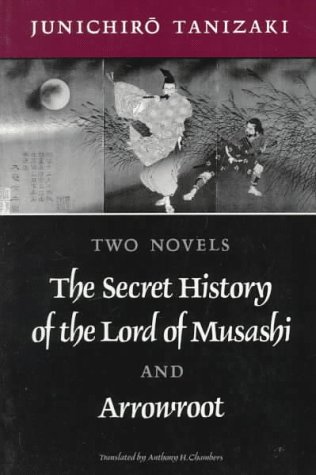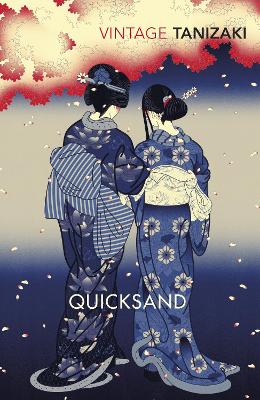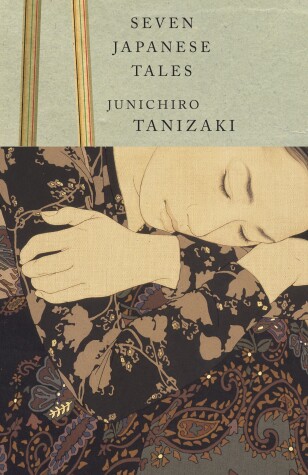Vintage International
6 total works
The Reed Cutter has a contemporary setting, though it might have taken place any time in the past thousand years. On a fine September evening, the narrator decides to make a solitary excursion to the site of an ancient imperial palace south of Kyoto, a place now lost and overgrown near the banks of a river. Musing upon old poems, passages of history, and topographical antiquities, he eventually finds himself among the reeds of a sandbar sipping sake from the bottle he has brought with him, watching the moon rise over the river, and scribbling bits of verse in his notebook. Suddenly he is surprised to discover that he is not alone. A strange man joins him and begins to tell a most extraordinary tale about his father, about a scene glimpsed in a moonlit garden forty years before, and about a mysterious woman who has become a lasting obsession.
Captain Shgemoto's Mother is more violent but no less strange. It takes place in tenth-century Kyoto, in a world in which poetry and brutality, power and sexual impulse, shape the lives of the courtiers. Beginning in an almost whimsical vein with an account of the amorous exploits of a Heian Don Juan called Heiju, it gradually shifts mood to focus on three people—Shihei, the powerful Minister of the Left; his doddering uncle Kunitsune; and Kunitsune's ravishing and much-younger wife, a woman known only as Shigemoto's mother. How Shihei succeeds in taking Kunitsunes' wife away from him in the course of a bizarre and drunken party is a story as shocking—and memorable—as anything Tanizaki ever wrote.
When twenty-eight-year-old Joji first lays eyes upon the teenage waitress Naomi, he is instantly smitten by her exotic, almost Western appearance. Determined to transform her into the perfect wife and to whisk her away from the seamy underbelly of post-World War I Tokyo, Joji adopts and ultimately marries Naomi, paying for English and music lessons that promise to mold her into his ideal companion. But as she grows older, Joji discovers that Naomi is far from the naïve girl of his fantasies. And, in Tanizaki’s masterpiece of lurid obsession, passion quickly descends into comically helpless masochism.
In The Key, a middle-aged professor plies his wife of thirty years with any number of stimulants, from brandy to a handsome young lover, in order to reach new heights of pleasure. Their alternating diaries record their separate adventures, but whether for themselves or each other becomes the question. Diary of a Mad Old Man records, with alternating humor and sadness, seventy-seven-year-old Utsugi’s discovery that even his stroke-ravaged body still contains a raging libido, especially in the unwitting presence of his chic, mysterious daughter-in-law.
The Secret History of the Lord of Musashi and Arrowroot
by Junichiro Tanizaki
Both works are replete with shocking juxtapositions. Severed heads become objects of erotic fixation. Foxes take on human shape. An aristocratic lady loves and pities the man she is conspiring to destroy. This supple translation reveals the full scope of Tanizaki’s gift: his confident storytelling, luminous detail, and astonishingly vital female characters.
A seductive psychological thriller about obsession, jealousy and deceit, and a Japanese classic
Sonoko Kakiuchi is a cultured Osaka lady in an uninspiring marriage. When she decides to take an art class in town she meets the extraordinary Mitsuko, a woman as beautiful and charismatic as she is cunning. They begin a passionate affair and Sonoko soon finds herself infatuated by Mitsuko, and ensnared in a web of sex, humiliation and deceit.
With an introduction by Kristen Roupenian, author of 'Cat Person'
A beautiful blind musician exacts the ultimate sacrifice from the man who is both her disciple and her lover. A tattooist turns the body of an exquisite young girl into a reflection of her predatory inner nature. A young man is erotically imprisoned by memories of his absent mother. Shocking in its content and lyrical in its beauty, these stories represent some of the finest work of one of Japan’s greatest modern writers.
